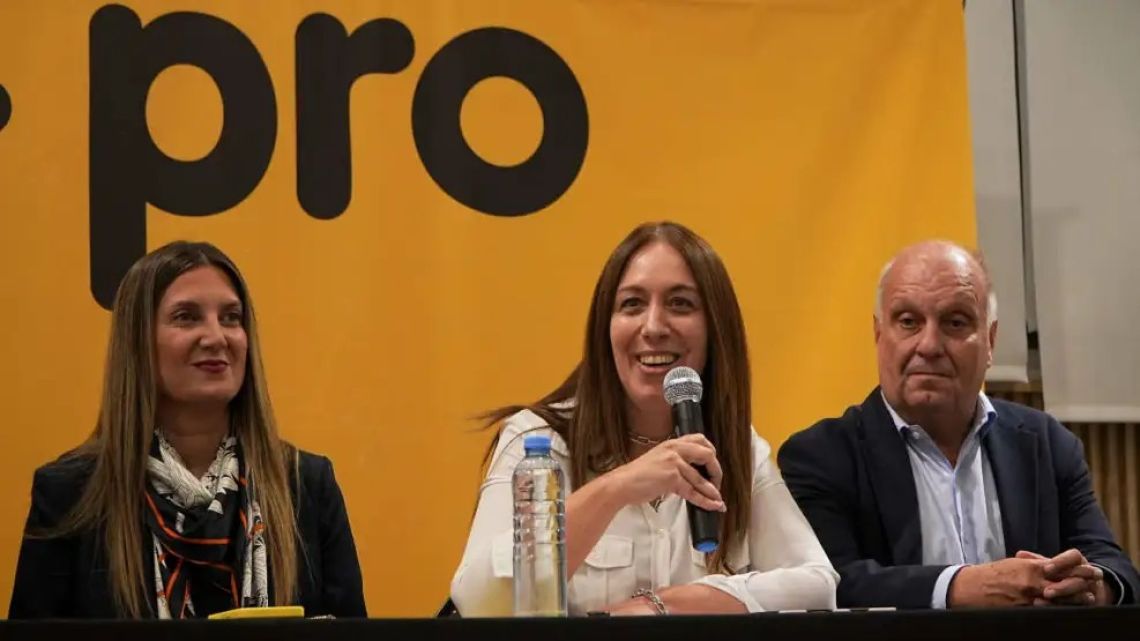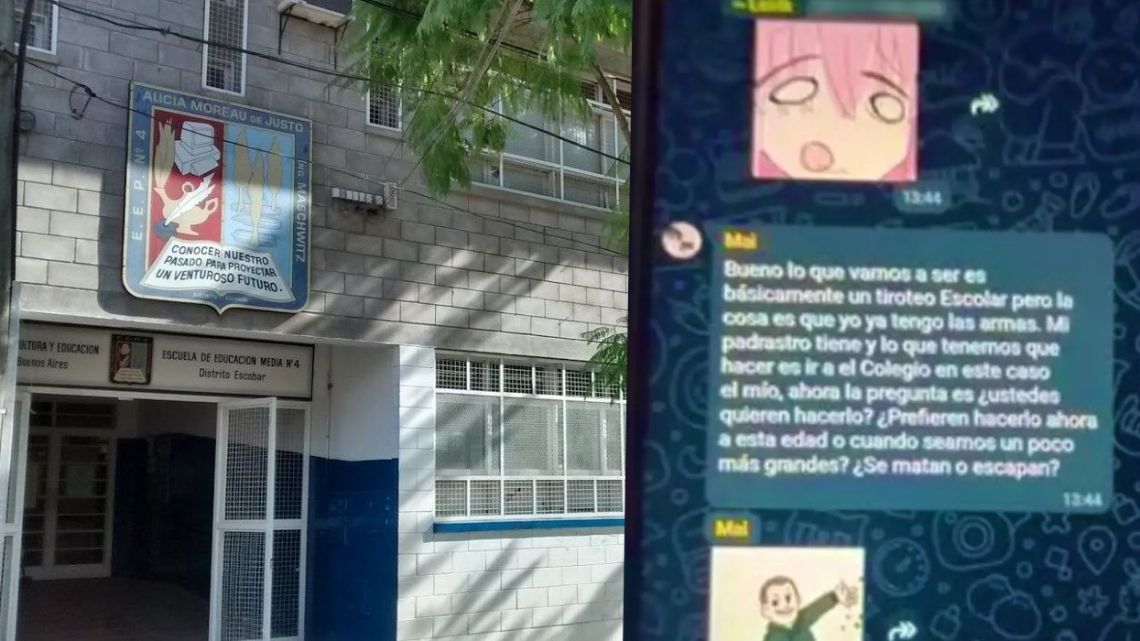South Korea’s Constitutional Court reinstated Prime Minister Han Duck-soo as acting president on March 23, 2025, ending months of political chaos. The 5-1 ruling among eight justices overturned his December 2024 impeachment.
This impeachment was sparked by his refusal to appoint three justices to the same court. This decision, announced on a tense Sunday, restores Han to power amid a broader crisis that began with President Yoon Suk Yeol’s brief martial law declaration.
Yoon shocked the nation on December 3, 2024, by imposing martial law, claiming threats from North Korea and internal unrest justified it. Parliament swiftly rejected it, voting 190-0 within hours, and impeached Yoon on December 14 with 204 votes.
Han, a 75-year-old technocrat, stepped in as acting president but clashed with the opposition-led National Assembly. His refusal to fill court vacancies led to his own impeachment on December 27, passing 192-0 after a boycott by Yoon’s People Power Party.
The court’s ruling reveals deep divisions. Five justices deemed Han’s actions insufficient for removal, despite controversy over his stalling judicial appointments.
 South Korea’s Leadership Crisis Deepens as Court Reinstates Han Duck-soo. (Photo Internet reproduction)
South Korea’s Leadership Crisis Deepens as Court Reinstates Han Duck-soo. (Photo Internet reproduction)Critics argue he protected Yoon, whose impeachment trial remains unresolved, potentially delaying a verdict due in June 2025. Meanwhile, North Korea ramps up missile tests, exploiting Seoul’s instability, while allies like the U.S. and Japan watch with concern.
South Korea’s Political Instability and Economic Uncertainty
Public opinion splits sharply. Han’s approval rating fell from 42% in December to 31% by January, reflecting frustration among younger voters. Supporters, however, praise his steady hand during a trade war sparked by U.S. tariffs under President Donald Trump.
Economists warn prolonged uncertainty threatens South Korea, Asia’s fourth-largest economy, as businesses hesitate amid leadership flux. Geopolitically, the stakes rise. Han’s return ensures a pro-U.S. stance, but a stalled Yoon trial risks weakening alliances against China and North Korea.
The opposition Democratic Party, holding 170 seats, pushes for Yoon’s removal, eyeing a snap election within 60 days if successful. Their leader, Lee Jae-myung, leads polls but faces legal hurdles that could bar him from running.
Han resumes duties with a fragile mandate. He pledges to focus on stability and trade challenges, yet his 87-day absence exposed governance flaws. The court, still short three justices, struggles with a backlog, amplifying calls for reform.
South Korea’s democracy, born in 1987, faces a stress test as political gridlock persists. This saga grips business leaders globally. Investors monitor currency dips and trade talks, while analysts predict months of uncertainty.
Han’s reinstatement offers temporary relief, but Yoon’s fate looms large, shaping South Korea’s role on the world stage. The nation holds its breath, awaiting the next chapter in this unfolding drama.

 By The Rio Times | Created at 2025-03-24 09:12:37 | Updated at 2025-04-04 18:28:21
1 week ago
By The Rio Times | Created at 2025-03-24 09:12:37 | Updated at 2025-04-04 18:28:21
1 week ago








